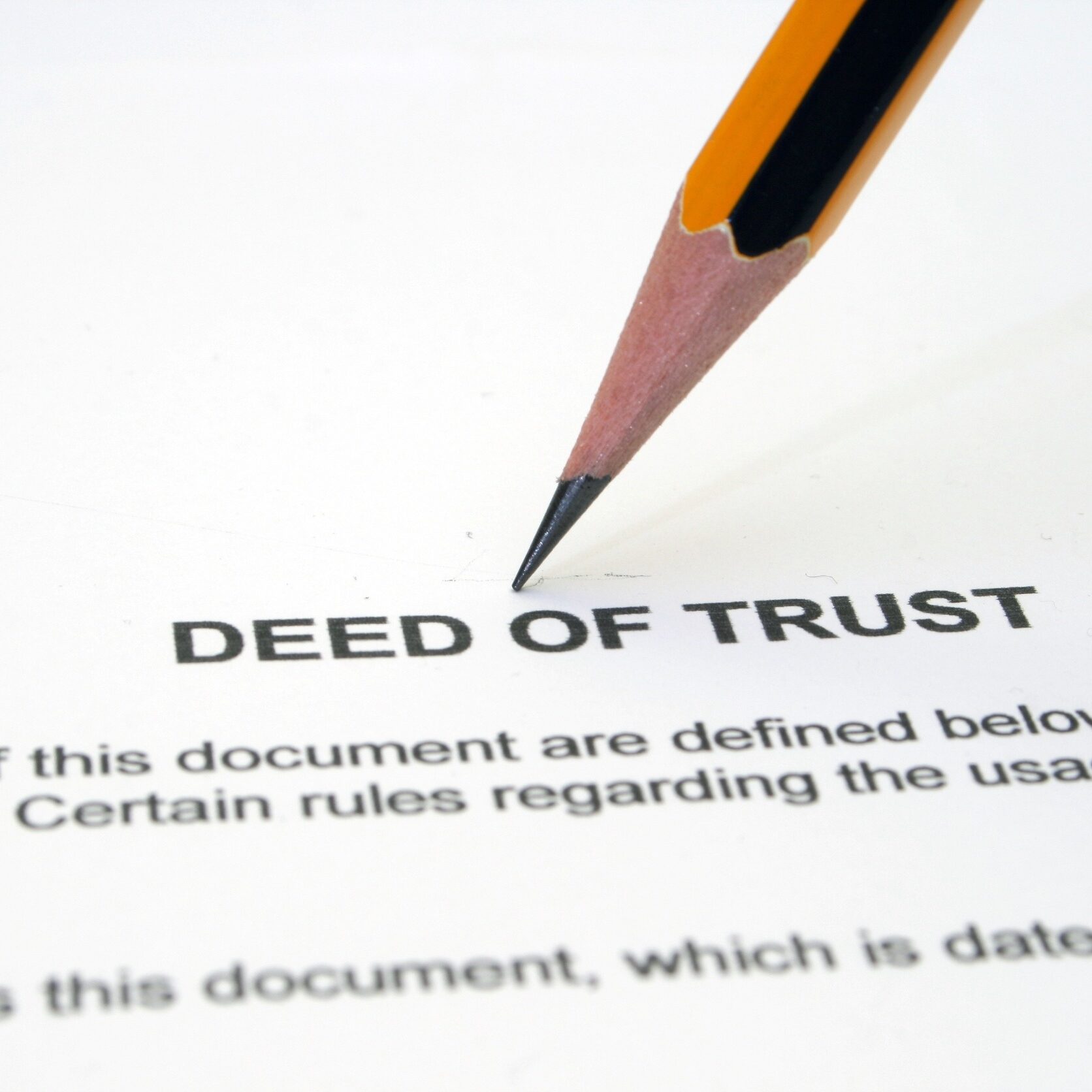In finance and investment, trust deeds are often mentioned but rarely understood by the average investor. Let’s look into what a trust deed investment is, how it works, its advantages, and potential risks.
Understanding Trust Deeds
A trust deed, also known as a deed of trust, is a legal agreement that establishes a three-party relationship between a borrower, a lender, and a trustee. In real estate transactions, a trust deed is used as a security instrument to secure a loan by using the property as collateral.
The trustee, often a neutral third party such as a title company or attorney, holds legal title to the property on behalf of the lender until the loan is paid off. In the event of default, the trustee has the authority to sell the property to satisfy the debt owed to the lender.
A trust deed, also known as a deed of trust, is a legal agreement that establishes a three-party relationship between a borrower, a lender, and a trustee. In trust deed investment and real estate transactions, a trust deed is used as a security instrument to secure a loan by using the property as collateral.
The trustee, often a neutral third party such as a title company or attorney, holds legal title to the property on behalf of the lender until the loan is paid off. In the event of default, the trustee has the authority to sell the property to satisfy the debt owed to the lender. Trust deed investing in this context offers an alternative way of real estate investing, providing a potentially lucrative opportunity for investors looking for higher returns compared to traditional real estate investing methods.
How Trust Deed Investments Work
When borrowers obtain a loan to purchase a property, they sign a promissory note. It outlines the loan terms and a trust deed, which grants the lender a security interest in the property.
Trust deed investors often seek opportunities in such real estate markets to diversify their investment strategies. If the borrower defaults on the loan, the lender can initiate foreclosure proceedings to recover the outstanding debt. Real estate investors analyze the return on investment in these scenarios, considering the potential risks and benefits. Individual trust deeds play a crucial role in securing these investments, ensuring that the lenders have a clear claim on the property in case of default.
Advantages of Trust Deed Investments
Here are some of the benefits of trust deed investments:
- Consistent Returns: Trust deed investments typically offer fixed interest rates, providing investors with a predictable income stream.
- Secured Investment: Since trust deeds are backed by real estate, investors have a tangible asset securing their investment, reducing the risk of loss.
- Diversification: Trust deed investments offer an alternative to traditional stocks and bonds, allowing investors to diversify their portfolios.
- Shorter Terms: Unlike long-term real estate investments, trust deeds often have shorter terms, allowing investors to access their capital more quickly.
Selecting Trust Deed Investments Wisely
Not all trust deed investments are created equal. Investors should conduct thorough due diligence when considering trust deed opportunities to evaluate the potential risks and rewards of each investment. Here are key factors to consider:
- Underlying Property Value: A thorough appraisal can provide insights into the property’s worth and its potential to mitigate investment risks.
- Borrower Creditworthiness: A borrower with a strong credit history and financial stability is more likely to honor their loan obligations, reducing the risk of default.
- Loan-to-Value Ratio: It compares the loan amount to the property’s value. Lower LTV ratios indicate a greater equity cushion for investors in the event of default.
- Terms and Conditions: Review the trust deed’s terms and conditions, including interest rates, repayment terms, and any additional fees or penalties. Ensure that the terms align with your investment objectives and risk tolerance.
- Exit Strategy: Whether through loan repayment or foreclosure, having a clear plan for recovering the investment capital is essential for managing risk.
With the support of private money and hard money lender GW Private Capital, Inc., investors can confidently leverage alternative investment options. Our team provides access to diverse trust deed investment opportunities, including fix and flip loans, and hard money commercial real estate loans, backed by meticulously vetted real estate assets. Take the next step towards building a robust investment portfolio with us. Contact us today to learn more!

